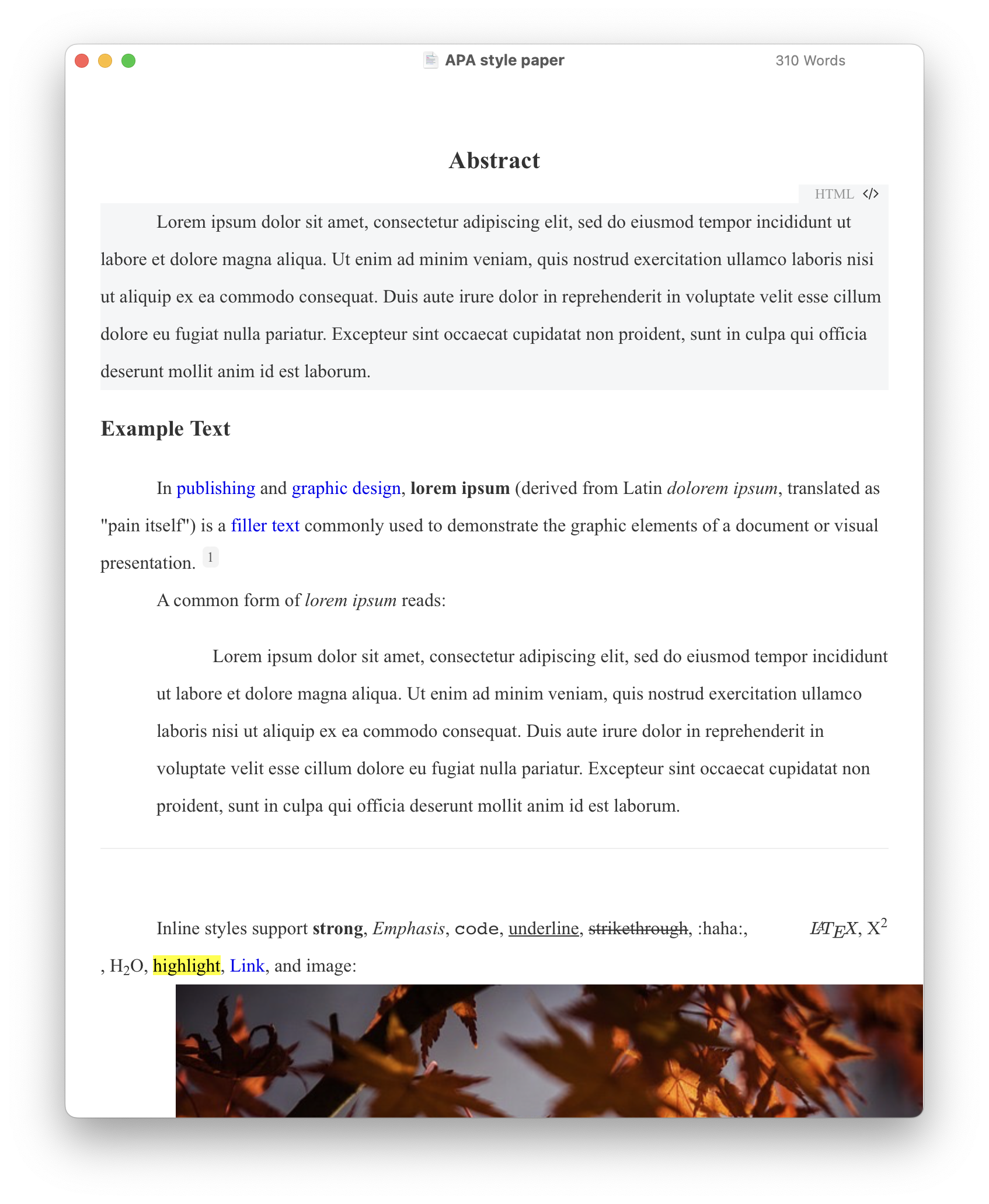Been trying to catch up with, well, life.
Work wise, at the Lisbon Collective we have built an extensive in depth audit for websites of any size. Given a domain, it scans the whole site to provide a summary report to help the content and development teams improve SEO and User Experience.
The funny thing is … we didn’t do it for Google. We are just using their lighthouse tool and metrics for convenience, but the whole tool is slow and that is why most agencies will scan a sample or a list of content-types. Our approach makes it run in parallel and scans all the pages because of what we expect will be the next AI wave of search.
It is already possible to ask precise questions to Bing and get back a response with the links for the sources. This means that the web will eventually need to cater to AI tools that do not process information in the same way that we do. Text is even more important. Images are good, but we still don’t see computer vision reach the level of understanding that we see from ChatGPT and other Large Language Models (LLMs).
Running our audit in parallel we can make sure we don’t miss a single page and we get back a list of issues to solve, prioritized by impact on number of pages.
For the academics
I’m a firm believer in having a foot in the market and another in academia, to keep up with the innovation and demand from the outside world without losing the vision on how things should be. Pure professionals tend to focus too much on what the client wants, or thinks they need. They care about how and what things are in the present moment. Pure academics tend to focus too much on how things should be. The first run too fast, the later walk too slow.
My latest conversation around academic process was with Stephen Waddington who made the bold move to Notion as a way to systematise his PhD research.
My process isn’t all that different. My divergence from this comes from the way I write everything.
The tool that fits my process better is Typora, because it uses markdown, my favourite way to format text.
But typora was missing a way to export to an APA PDF. I’d usually export the markdown to MS Word, change template / format there, and call it done. What if I asked chatGPT to build a Typora theme with the APA style ?
And it did. It’ not a finished work but it’s available on GitHub.

But there’s more.
What if we want to track our research and make sure we aren’t missing important authors?
AI to the rescue
Gregory AI is a tool I built with António Lopes for scientific research. It’s not a consumer product right now, but we are working on that. And it’s also not meant for the ocassional paper.
There are other tools that will help you run your research much better if your goal is to write an article or PhD.
Ask a research question, get sources back from open access papers, and extract takeaways quickly.
https://www.connectedpapers.com/
Give the tool the identifier of a paper and you can trace back the research, and explore its boundaries in a network graph.
https://www.researchrabbit.ai/
Prepare your search and keep track of the new papers that may interest you.

